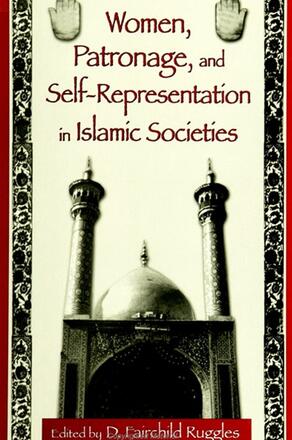
Women, Patronage, and Self-Representation in Islamic Societies
Alternative formats available from:
A rare look at female empowerment in the Muslim world.
Description
The first to combine the study of representation, gender theory, and Muslim women from a historical and geographical perspective, this book examines where women have represented themselves in art, architecture, and the written word in the Muslim world. The authors explore the gendering and implicit power relations present in the positioning of subject and object in the visual field and look specifically at occasions when women publicly adopted the stance of the viewer, speaker, writer, or patron.
Contributors include Ellison Banks Findly, Elizabeth Brown Frierson, Salah M. Hassan, Nancy Micklewright, Leslie Peirce, Kishwar Rizvi, D. Fairchild Ruggles, Yasser Tabbaa, Lucienne Thys-Senoçak, and Ethel Sara Wolper.
D. Fairchild Ruggles is Visiting Assistant Professor in the Department of Eastern Studies at Cornell University.
Reviews
"This book deals with issues of women's patronage within the Islamic world which are placed within a theoretical framework of wider concerns of women's patronage and self-representation, and which provide a series of specific historically and regionally differentiated cases. Other recent writing on the status and power of women within the Islamic world is either monographic in its treatment of one period or moves almost immediately to present concerns. The authors challenge the received wisdom on the place and the agency of elite women in Islamic societies by examining their public personas—the buildings and artifacts carrying their names. " — Renata Holod, coauthor of The Contemporary Mosque: Architects, Clients and Designs Since the 1950s